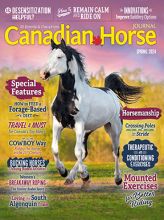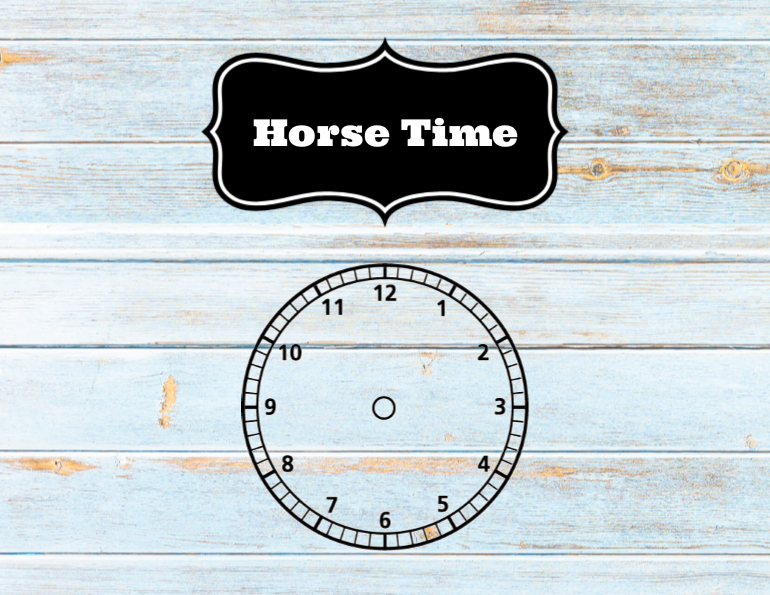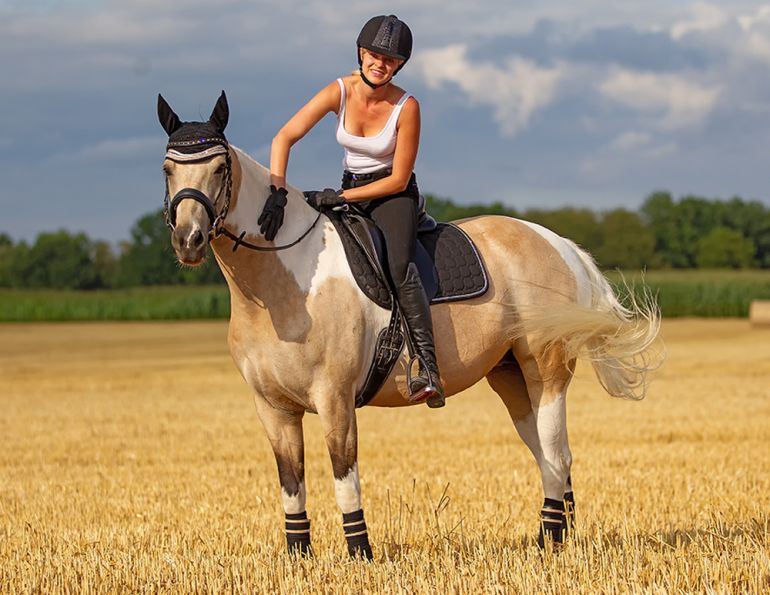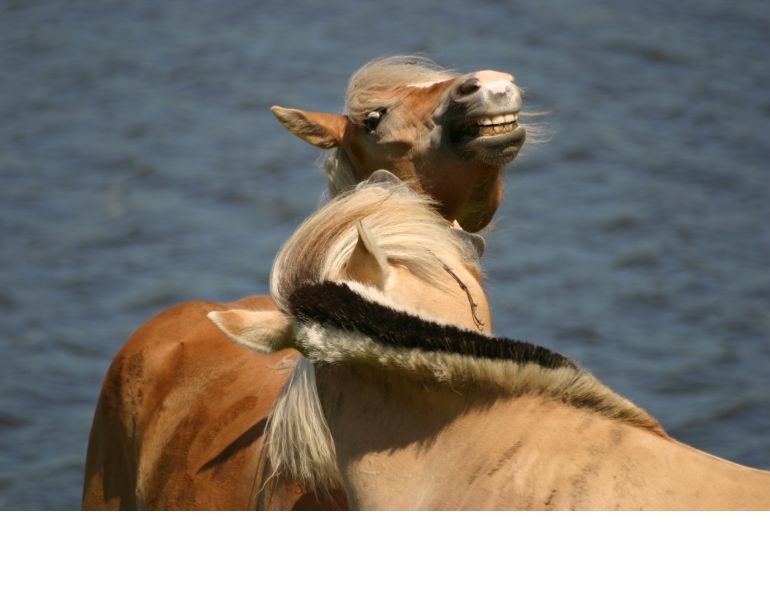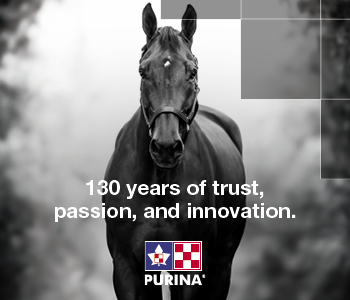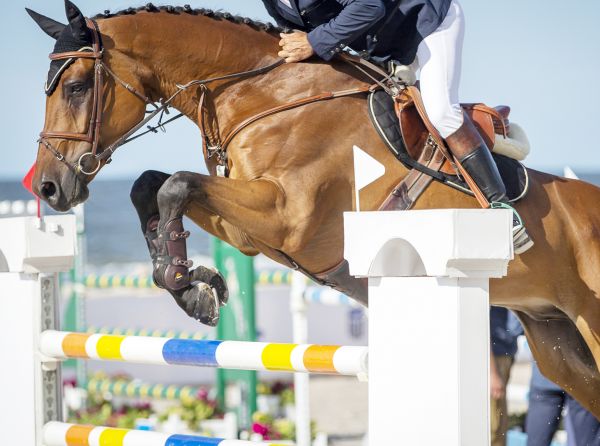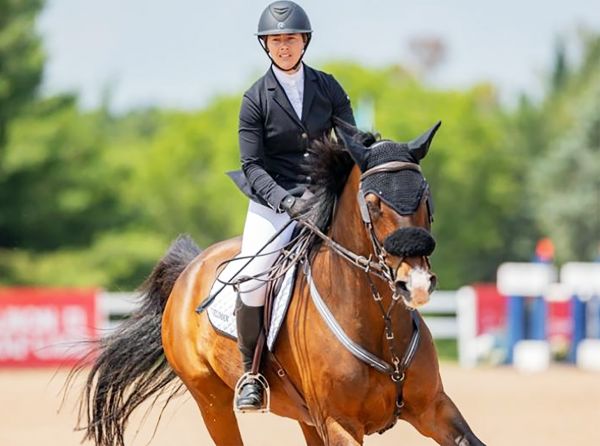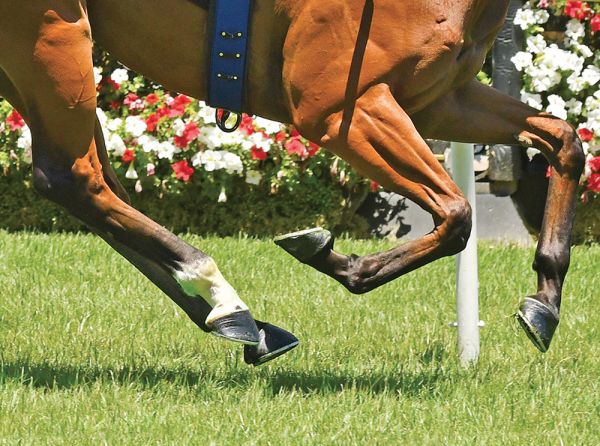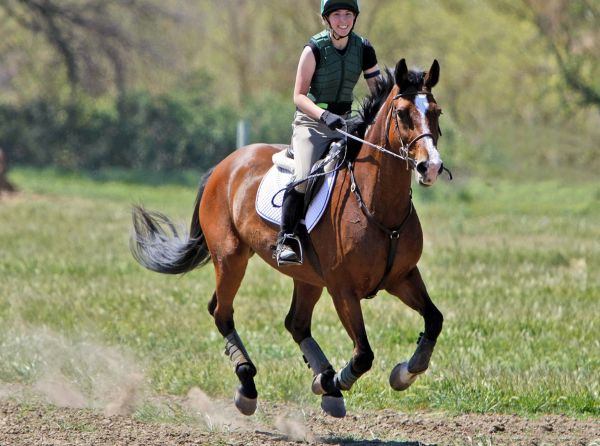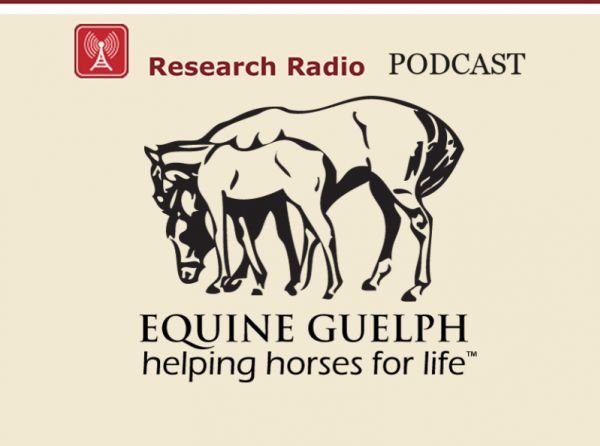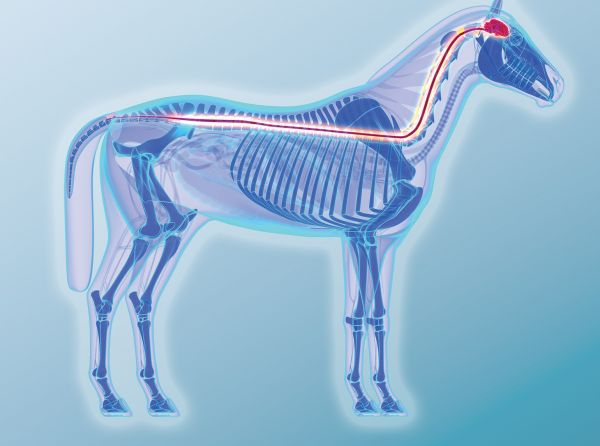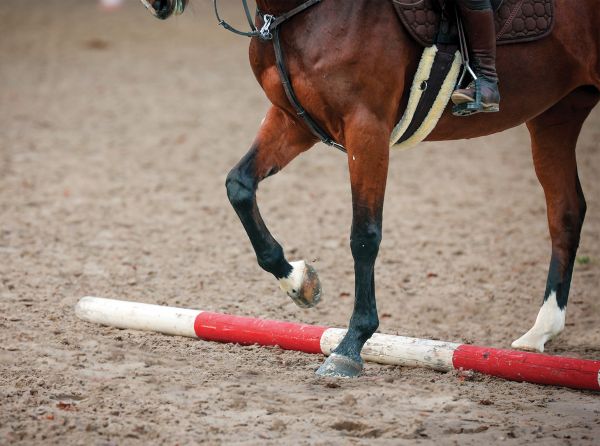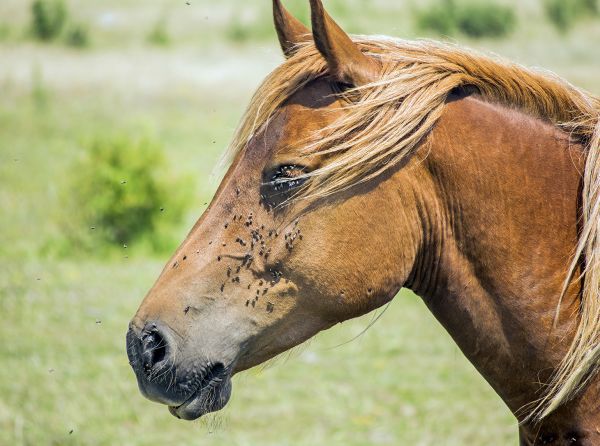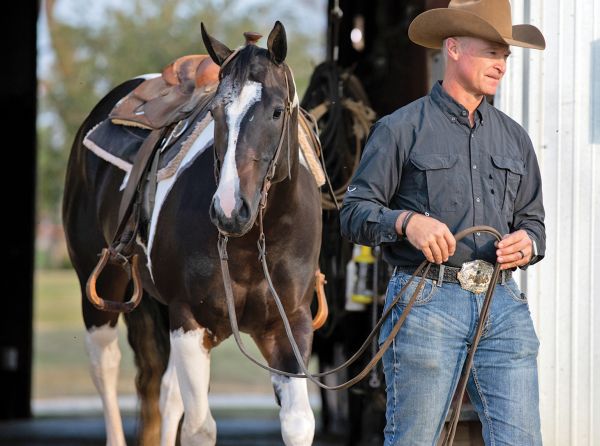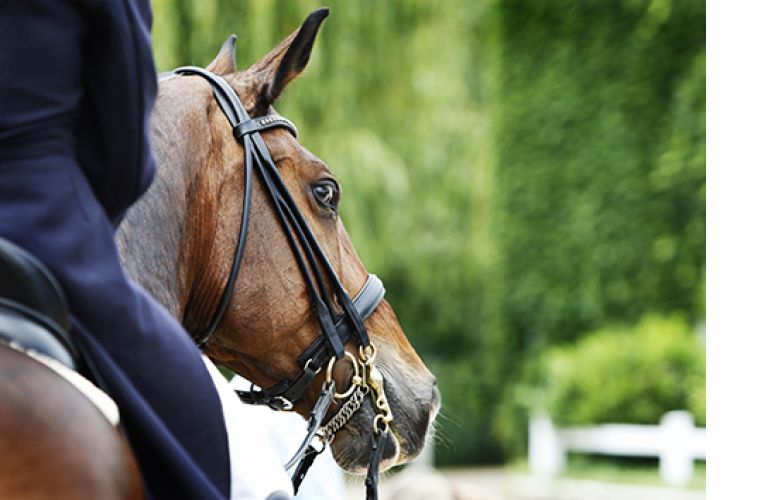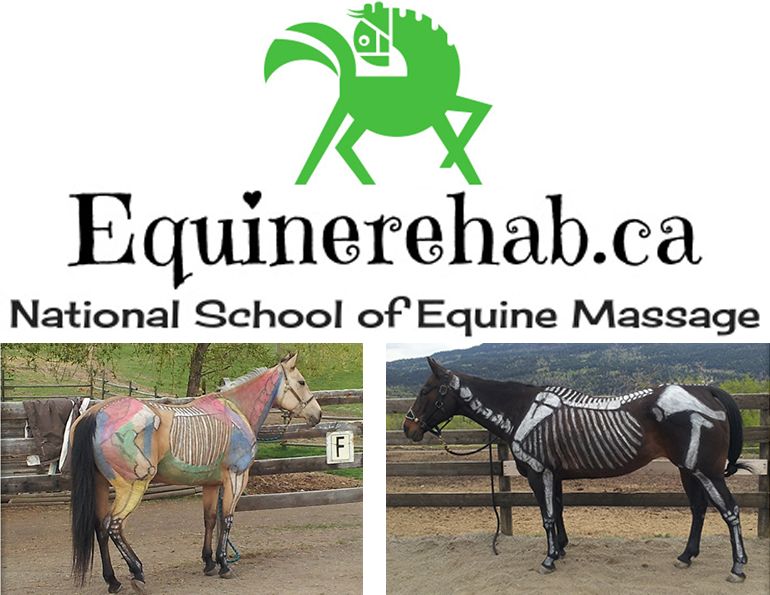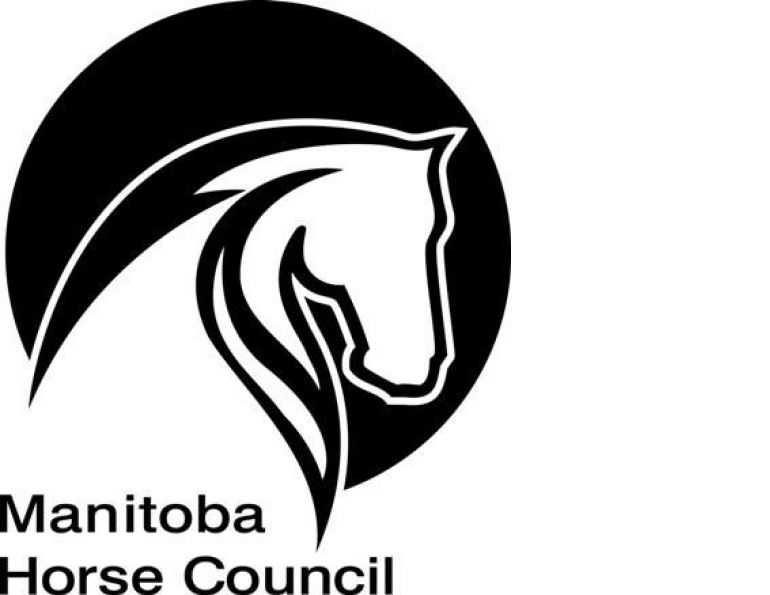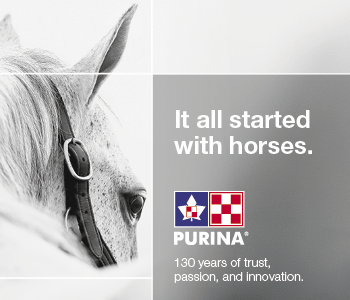By Will Clinging
Horses “live what they learn and learn what they live,” said the late Ray Hunt. It means that a horse will accept what he is taught and if it is consistent he will develop life habits. It also means that much of what a horse learns does not come from a trainer but from basic, everyday handling. If a horse lives in an environment where he is expected to behave well and those expectations are supported by quality, consistent handling, the horse will learn to behave well. This is also true of a horse that lives in an environment where the handling is less consistent and less structured; the horse will just end up learning that he is allowed to behave badly (the horse does not know he is behaving badly, he is just behaving the way he is allowed). If a handler has no expectation that his horse can behave differently, then the bad behaviour will never change.
Certain sectors of the horse industry are more diligent about teaching respectable behaviour and encouraging horses to learn with confidence. Others have allowed horses to be barely manageable for so long that they have come to believe their horses are difficult because of their breed. They expect their horses to be hard to handle. I believe this is very unfair to the horse. An intelligent, sensitive, immature animal is dropped into a highly stressful training environment and taught, in my opinion, less than the minimum amount of skill for him to comfortably cope with high expectations and the environment. The trainers then blame their own shortcomings on the seemingly neurotic nature of the horse. They learn to manage the horse in a state of semi-out-of-control and accept it as normal behaviour.
It would take so little to make such a big difference to these horses, but there is no desire for change because people do not realize how much easier it could be.

Remove fear by helping the horse understand his responsibilities and live up to them without fear of punishment. Horses are easily overwhelmed and consumed by fear if we do not allow them to empower themselves.
I am not just pointing fingers at the trainers but at the owners also. They are the horse’s support structure and too often there is not enough. I am not accusing anyone of abuse or negligence, just a lack of understanding of the fact that things do not have to be this way.
After I have had a horse in training, there is a significant change in his behaviour and often it seems his personality has changed; the horse has become more relaxed, less threatened, less spooky, etc. His personality has not changed, but through an empathetic approach, with a clear understanding of expectations for behaviour, tolerance for honest errors, and encouragement for effort rather than correctness, the true relaxed, rational personality of the horse is allowed to develop.
I try to remove fear as much as possible by helping the horse understand his responsibilities and live up to those responsibilities without the fear of punishment. We are all afraid of the unknown; the only way to deal with fear is to become empowered through understanding about what scares us.
I am not trying to brag about how good I am and point fingers about how bad others are. This is not an ego trip. I just see things differently than many horse people do and therefore address things differently. The result of that is a horse that behaves comfortably, rationally, and predictably.

A calm, confident horse can only be achieved when the trainer and owner are free of ego, ignorance, and intolerance.
Horses are easily overwhelmed and consumed by fear because we do not allow them to empower themselves. We dominate them and take their responsibilities away, leaving them with no decision making skills, no self esteem, no confidence, and no coping mechanisms. It is no wonder there are so many badly behaved horses out there. Ignorance, intolerance, and ego will continue to develop horses that are poorly behaved and expected to be difficult. If we do not change the attitude that we have towards our horses we are destined to breed, own, and train horses that are difficult.
I like to think that over the years I have learned to work smart and not hard. There are many, many horse owners and trainers who allow their horses to develop into wonderful, calm, confident horses. There are still a few horse people, however, that just like to work hard. It is not technique in training that I am criticizing, but the approach to what the horse is and what he is capable of. The horse world is very goal oriented and I think that those goals would be easier to achieve if we would spend more time preparing the horse to be what we want rather than fixing him when he is not the horse we want. It could be that simple.
Main photo: Inconsistent handling and low expectations will create a horse that behaves badly.


